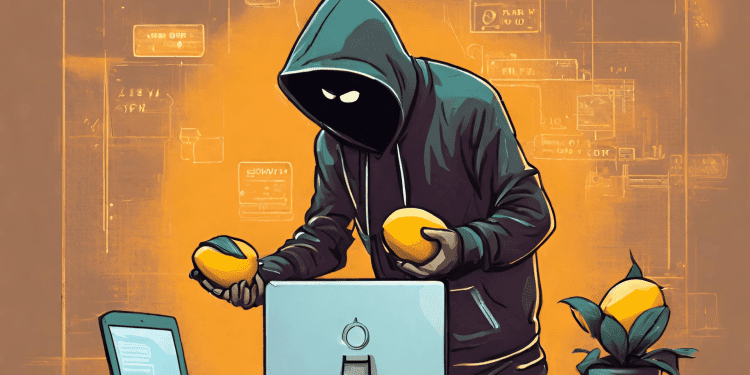- Prosecutors liken Avraham Eisenberg’s alleged $110 million exploit to a traditional fake diamond ring scam.
- Eisenberg’s defense argues he risked his own funds in a public and legal trade on the Mango Markets platform.
- The outcome of Eisenberg’s trial could significantly impact the future of cryptocurrency regulations and DeFi protocols.
Avraham Eisenberg stands accused of defrauding the Solana-based Mango Markets exchange out of $110 million. The case, unfolding in a Manhattan federal court, has drawn attention for its implications on the future of cryptocurrency and DeFi protocols.
A Modern-Day Con
Assistant U.S. Attorney Tian Huang presented the case against Eisenberg, arguing that his manipulation of the cryptocurrency market was akin to selling a counterfeit diamond ring. On October 11, 2022, Eisenberg allegedly inflated the price of the cryptocurrency by a staggering 1,000% in just 20 minutes, borrowing over $110 million in the process—a move the prosecution argues was tantamount to theft.
Eisenberg’s defense, led by attorney Sanford Talkin, counters this narrative by emphasizing the risk Eisenberg took with his own $13 million investment. Talkin argues that the nature of the trade was transparent and could have resulted in a total loss for Eisenberg, highlighting the public and observable nature of blockchain transactions.
A Critical Moment for DeFi
The case goes beyond the courtroom drama, touching on broader issues within the DeFi community. Eisenberg’s actions, which involved exploiting the platform’s mechanisms to inflate the value of its native token and secure large loans, have sparked a debate about the inherent risks and ethical boundaries in DeFi.
After the exploit, Eisenberg returned $67 million to Mango Markets, a move he claimed was within the legal bounds set by the platform’s smart contract. However, Mango Markets has since sued for the remaining damages, adding another layer of complexity to the case.
Legal and Industry Implications
The trial’s outcome could set a precedent for how similar cases are handled in the future, especially regarding the legal interpretation of actions taken on DeFi platforms. Crypto lawyer Gabriel Shapiro has expressed concern over the potential implications, particularly the notion of implied loan agreements within DeFi protocols, which could have far-reaching consequences for the industry.














